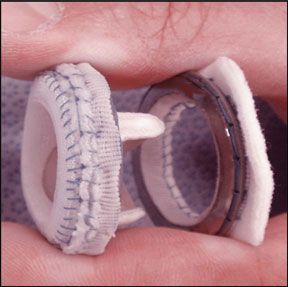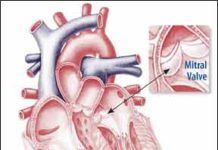As heart valve patients continue to live longer, healthier lives after surgery, the need for subsequent valve replacement procedures continues to grow. An artificial valve may last 10 or 12 years, or longer, though in some difficult cases, a valve may need to be replaced in a matter of months. Researchers at Cleveland Clinic are working on a device that would make that follow-up valve replacement surgery easier and faster. And the keys to the new technology are magnets. Kiyotaka Fukamachi, MD, PhD, is developing a new heart valve that uses a magnetic coupling to keep the valve in the proper position. But another big advantage is that when it comes time to replace the valve, only part of it has to be removed and no stitches have to be taken out or sewn back in. "Traditionally, when the valve has to be replaced, they have to remove old sutures and stitch the new valve into place," says Dr. Fukamachi. "Its time consuming because the heart has to be stopped and the patient is on a heart bypass machine, and there is a risk because the procedure can damage the coronary arteries. But with this (magnetic) one, the second surgery can be easier than the first."
To continue reading this article or issue you must be a paid subscriber.
Sign in






